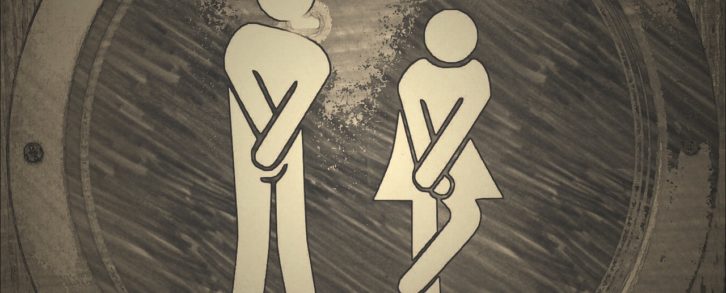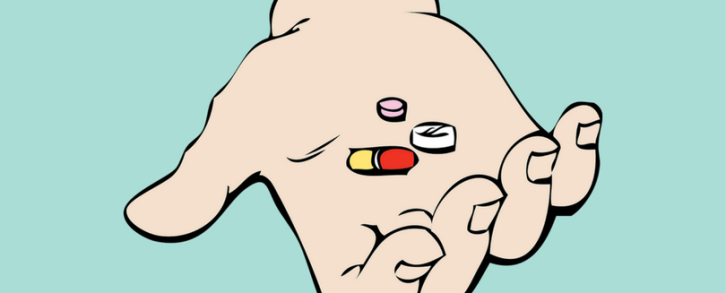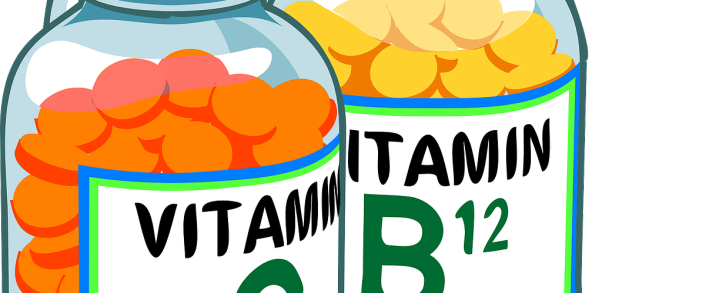Do You Know the Signs of UTI in the Older Adult?
By Meredith Kimple Often when we consider the health issues that plague the elderly population, we tend to think of those that are strongly associated with advanced age, like dementia or heart disease. However, there are certain problems that, because of their seeming prevalence across all […]
Read More